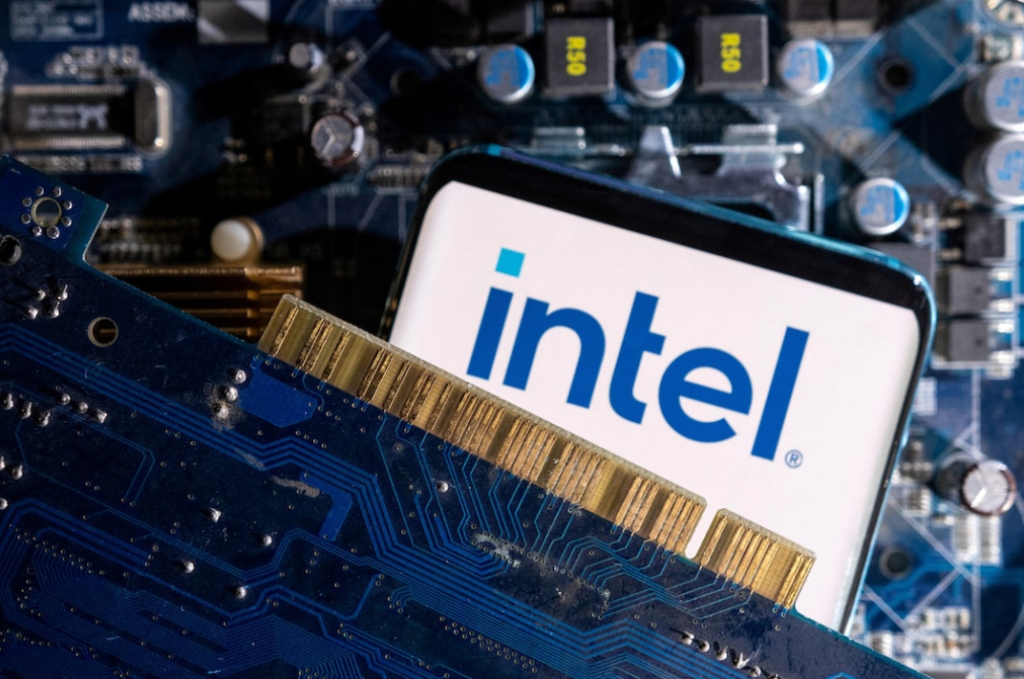A Potential Shake-Up in the Semiconductor Industry
Discussions are still in the early stages, but this development comes as no surprise. Intel has struggled to maintain its dominance in chip manufacturing, steadily losing market share to TSMC and other competitors.

News of a possible Intel breakup and acquisition is sending shockwaves through the semiconductor industry. According to The Wall Street Journal, tech giants TSMC and Broadcom are exploring potential deals that could dramatically reshape Intel’s future.
Broadcom and TSMC’s Acquisition Plans
Broadcom—renowned for acquiring tech companies—is reportedly targeting Intel’s chip design and marketing divisions. Meanwhile, TSMC, the world’s largest contract chip manufacturer, is considering purchasing Intel’s fabrication plants (fabs). If this scenario unfolds, Intel will no longer operate as an integrated design and manufacturing company but will instead be split between these two industry giants.
Intel’s Struggles and CEO Shake-Up
Despite discussions being in the preliminary phase, this move is not unexpected. Intel has faced ongoing challenges in maintaining its foothold in the semiconductor industry. It has continuously lost market share to TSMC and other competitors. CEO Pat Gelsinger was dismissed in late 2023 after repeated failures, including delays in chip production, shrinking AI chip market share, and overreliance on U.S. government subsidies to expand manufacturing.
With a $7 billion loss from its chip manufacturing segment in 2023 and stock prices plunging by 60%, Intel has become an attractive acquisition target. However, regulatory hurdles may pose the biggest challenge to such a deal.
U.S. Government’s Possible Intervention
A White House official has commented on the matter, emphasizing that the U.S. views Intel as a crucial component of its domestic semiconductor supply chain. The Biden administration is unlikely to approve a scenario in which a foreign company like TSMC gains control over Intel’s manufacturing assets. Additionally, the U.S. government’s CHIPS Act, which is injecting billions into revitalizing domestic semiconductor production, further complicates potential acquisition plans.
If Broadcom and TSMC are serious about pursuing this acquisition, they may need to partner with U.S.-based firms or adjust their strategy to navigate political and national security barriers. Should Intel be split, the global semiconductor industry could see a significant shift where companies must choose between designing chips or manufacturing them—breaking away from the integrated model that Intel has historically championed.
The Future of Intel: A Falling Empire?
The biggest question remains: Is this the beginning of the end for Intel as an independent semiconductor powerhouse?

Leave a Reply